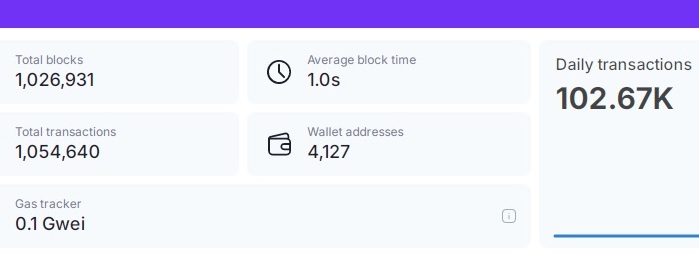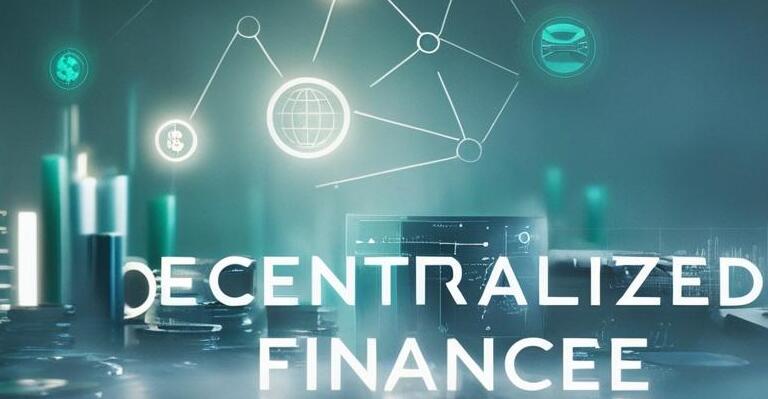Kraken, one of the most prominent cryptocurrency exchanges globally, has launched its own Ink network, a Layer 2 solution based on Ethereum. In just one week since its launch, the network has surpassed one million transactions. This milestone comes at a crucial time when the adoption of scalability solutions in blockchain continues to be one of the most relevant topics in the industry.
A Bet on Interoperability and DeFi
Ink is built on the Optimism infrastructure, using the OP Stack, which allows for higher transaction speeds while maintaining Ethereum’s security. Although Kraken announced the project on October 24 and launched a testnet in November, the mainnet was expected to go live in early 2025. However, the company decided to accelerate the launch, surprising the crypto ecosystem. This decision reflects Kraken’s confidence in the network’s ability to meet user demand sooner than anticipated.
Even though Kraken has not officially confirmed the launch of Ink through a statement, the news began circulating thanks to data shared on Ink Explorer, which shows the impressive figure of over 1 million transactions in the first few days of activity.

In a tweet from December 16, Kraken mentioned that the network would be “coming soon,” but provided no further details about its deployment. The announcement piqued curiosity, leaving many eager to learn more about the features of the new network.
Ink is positioned as a solution to improve users’ access to Decentralized Finance (DeFi). According to the company, the goal of the network is to offer a reliable bridge between the centralized and decentralized worlds of cryptocurrencies, allowing users to operate with greater confidence. The interoperability with other Layer 2 networks, such as Optimism Superchain, which currently manages over $30 billion in total value locked (TVL), is one of Ink’s key features.
This launch puts Kraken in the race to offer new technological solutions within the cryptocurrency space, competing with decentralized platforms like Uniswap, which is also developing its own Layer 2 network, Unichain. Kraken continues to demonstrate its ability to innovate in an increasingly competitive market. As Layer 2 solutions gain relevance, the future of platforms like Ink could redefine access and security in decentralized finance.

